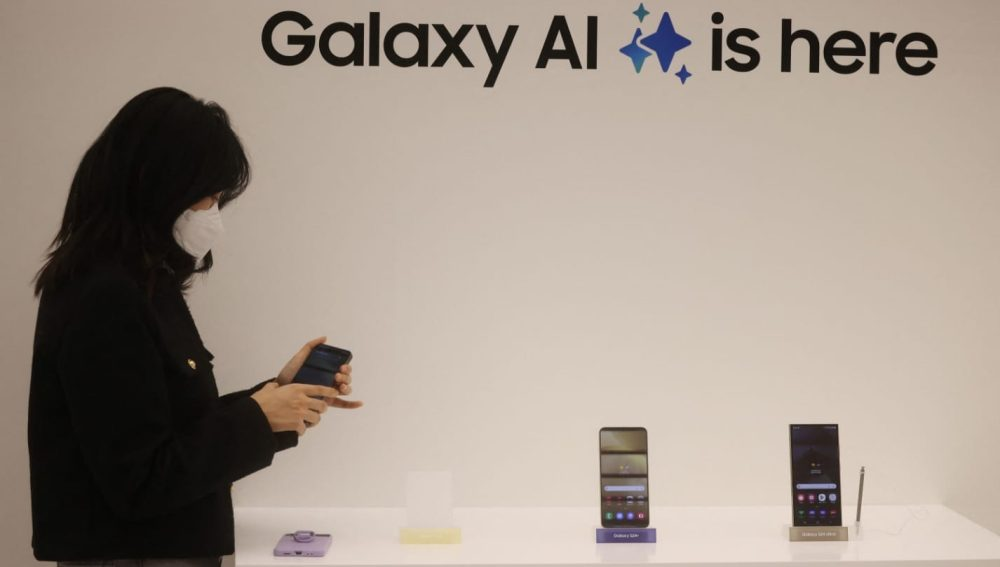Apple’s DMA compliance stirs reactions from the industry

Apple’s recent announcement on changes to comply with the European Union’s Digital Markets Act (DMA) has sparked a widespread reaction across the tech industry. The DMA, designed to foster fair competition and innovation by regulating digital gatekeepers, has led Apple to introduce a set of measures that have been met with mixed responses.
Key Changes Announced by Apple:
- Reduced Commissions: Apple announced a reduction in commissions for app developers within the EU, aligning with the DMA’s objectives to lower barriers and costs for developers.
- Core Technology Fee: A new fee was introduced, requiring developers to pay €0.50 for each first annual install per year over a 1 million threshold, irrespective of the distribution channel used.
- Payment Processing Fee: A 3% payment processing fee will be charged to developers opting for Apple’s in-app payments, presenting an additional cost for using Apple’s payment system.
Industry Reaction:
The response from the tech community has been diverse, with significant criticism coming from major players like Spotify and Epic Games. Spotify, in particular, has been vocal, labeling Apple’s compliance strategy as “extortion” and a “farce.” The streaming giant criticized Apple for what it perceives as a continuation of anti-competitive practices under the guise of DMA compliance. Spotify’s CEO, Daniel Ek, expressed concerns that the changes, particularly the new fees, would significantly increase costs for developers, especially those with large user bases in the EU.
Epic Games’ CEO also joined the chorus of disapproval, condemning Apple’s approach as “malicious compliance.” The criticism centers around the belief that Apple’s measures are designed to circumvent the spirit of the DMA, imposing additional fees and conditions that could stifle competition rather than enhance it.
By inventing a new tax system to replace the old, Apple mocks the spirit of the law and the lawmakers who wrote it. I sincerely hope the EU recognizes this for exactly what it is and stands firm, and doesn’t let their work over the years all be for nothing. The world is watching.
— Daniel Ek (@eldsjal) January 26, 2024
Broader Implications:
The debate extends beyond the specific changes announced by Apple, touching on larger questions about the effectiveness of regulatory measures like the DMA in leveling the playing field in digital markets. Critics argue that Apple’s response to the DMA may undermine the legislation’s goals by maintaining high barriers to entry and costs for developers.
The reaction from various stakeholders, including developers, industry analysts, and regulatory bodies, underscores the complexities involved in regulating large tech companies. The unfolding situation highlights the challenges in enforcing regulations intended to foster a more competitive and innovative digital market environment.
As the industry continues to digest Apple’s announced changes, the broader implications for digital market regulation, developer costs, and consumer choice remain key topics of discussion. The situation underscores the delicate balance regulators must strike between enforcing compliance and ensuring that such measures do not inadvertently stifle the innovation and competition they seek to promote.








Thank you for your sharing. I am worried that I lack creative ideas. It is your article that makes me full of hope. Thank you. But, I have a question, can you help me?
Your article helped me a lot, is there any more related content? Thanks!
Your article helped me a lot, is there any more related content? Thanks!